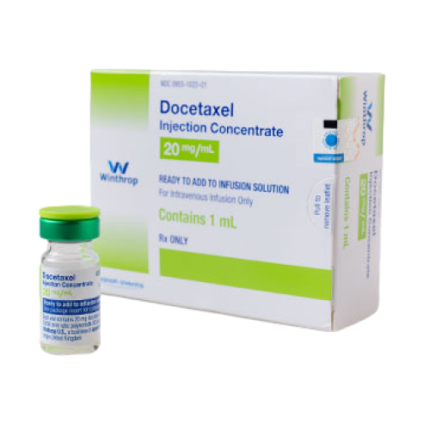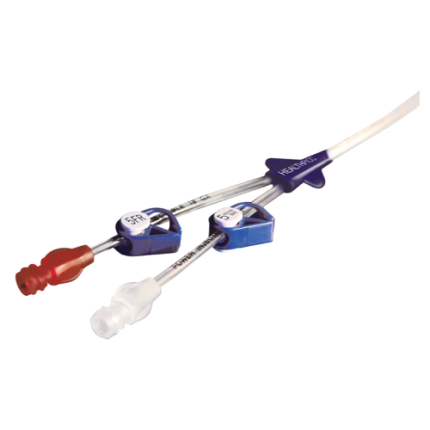Introduction to Carnosine 6mg Injection
Carnosine 6mg Injection is an anti-arrhythmic medication utilized to address life-threatening arrhythmias (abnormal heart rhythms). It works by restoring normal heart rhythm through the inhibition of abnormal electrical signals in the heart.
Carnosine 6mg Injection is also employed for conducting diagnostic stress tests of the heart. It is administered under the supervision of a doctor, who will determine the appropriate dose and duration of the medicine for you. The doctor may closely monitor your blood pressure, heart rate, and ECG until you become stable. It is essential to continue all other medicines prescribed by the doctor for your long-term treatment even after receiving this injection.
Common side effects of this medication comprise flushing (a sensation of warmth in the face, ears, neck, and trunk), headache, chest pain, dizziness, and nausea. If these effects bother you, consult your doctor. This medication is used cautiously in certain individuals, so it’s crucial to inform your doctor if you have any kidney or liver disease. Additionally, let your doctor know if you are pregnant or breastfeeding and about all other medications you are regularly taking.
Uses of Carnosine 6mg Injection
- Arrhythmia
Benefits of Carnosine 6mg Injection
In the treatment of arrhythmia, Carnosine 6mg Injection is employed to stabilize heart rhythms, especially in cases of atrial fibrillation. It works by normalizing abnormal heart rhythms, preventing their occurrence, or slowing down the heart rate during an episode. Administration of this injection should be done by a doctor or nurse and should not be self-administered. It is crucial to follow your doctor’s instructions carefully to derive the maximum benefit from the treatment.
How to use Carnosine 6mg Injection
This medication should be administered by your doctor or nurse, and it should not be self-administered.
How Carnosine 6mg Injection Works
Carnosine 6mg Injection acts as an anti-arrhythmic medication, regulating the heartbeat by blocking abnormal electrical signals in the heart.
Safety Advices for Carnosine 6mg Injection

Pregnancy
The use of Carnosine 6mg Injection during pregnancy may pose potential risks, as indicated by animal studies. While human studies are limited, consult with your doctor to carefully assess the benefits and risks before considering its use during pregnancy.

Breast Feeding
Carnosine 6mg Injection is likely safe to use during breastfeeding, based on limited human data indicating no significant risk to the baby. However, it’s advisable to consult with your healthcare provider for personalized guidance and to weigh potential benefits against any potential risks.

Liver
Carnosine 6mg Injection is likely safe for use in patients with liver disease. Current limited data suggests that dose adjustment of Carnosine 6mg Injection may not be necessary for individuals with liver conditions. However, it’s crucial to consult with your doctor for personalized advice based on your specific situation.

Alcohol
The safety of consuming alcohol with Carnosine 6mg Injection is not known. It is advisable to consult with your doctor for guidance on alcohol consumption while undergoing treatment with this medication.

Driving
Not applicable, as Carnosine 6mg Injection is intended for use in hospitalized patients.
Side Effects of Carnosine 6mg Injection
The majority of side effects typically resolve on their own as your body adapts to the medication. If they persist or if you are concerned, consult with your doctor for further guidance.
Common:
- Flushing (sense of warmth in the face, ears, neck and trunk)
- Dizziness
- Lightheadedness
- Nausea
- Headache
- Numbness
- Chest pain
Word of Advice
Refrain from consuming food and beverages with caffeine, including chocolate, coffee, and tea, for at least 12 hours before using the medication. If you encounter a slow heartbeat, intense chest pain, or significantly low blood pressure, discontinue the medication and promptly notify your doctor. Disclose any history of seizures or heart issues to your doctor. Additionally, inform your doctor if you are pregnant, planning to conceive, or currently breastfeeding.
FAQs
Q. Does Carnosine 6mg Injection lower blood pressure?
Certainly, research indicates that the administration of Carnosine 6mg Injection can lead to a reduction in blood pressure, resulting in hypotension. It is recommended to inform your doctor if you have pre-existing low blood pressure.
Q. What vitals do I need to monitor while taking Carnosine 6mg Injection?
Your physician will recommend closely monitoring your heart rate, blood pressure, breathing, and oxygen levels while using this medication.
Q. What kind of food should be avoided immediately after taking Carnosine 6mg Injection?
Refrain from consuming food and beverages containing caffeine, such as tea, coffee, chocolate, and cola, for at least 12 hours before receiving Carnosine 6mg Injection.
Q. How is Carnosine 6mg Injection administered? Why is it given rapidly?
Carnosine 6mg Injection will be administered by a doctor or nurse as a rapid injection (over 2 seconds) into one of your veins in a hospital setting. This is done to slow down the heart rate and restore it to normal rhythm.
Fact Box of Carnosine 6mg Injection
Chemical Class:
Purine nucleosides
Therapeutic Class:
CARDIAC
Habit Forming:
No
Action Class:
Miscellaneous agents- anti arrhythmic

 MEDICINES
MEDICINES PATIENT ASSISTANCE PROGRAMS
PATIENT ASSISTANCE PROGRAMS IMPORTED MEDICINES
IMPORTED MEDICINES CONTACT US
CONTACT US Upload
Upload












Reviews
There are no reviews yet.